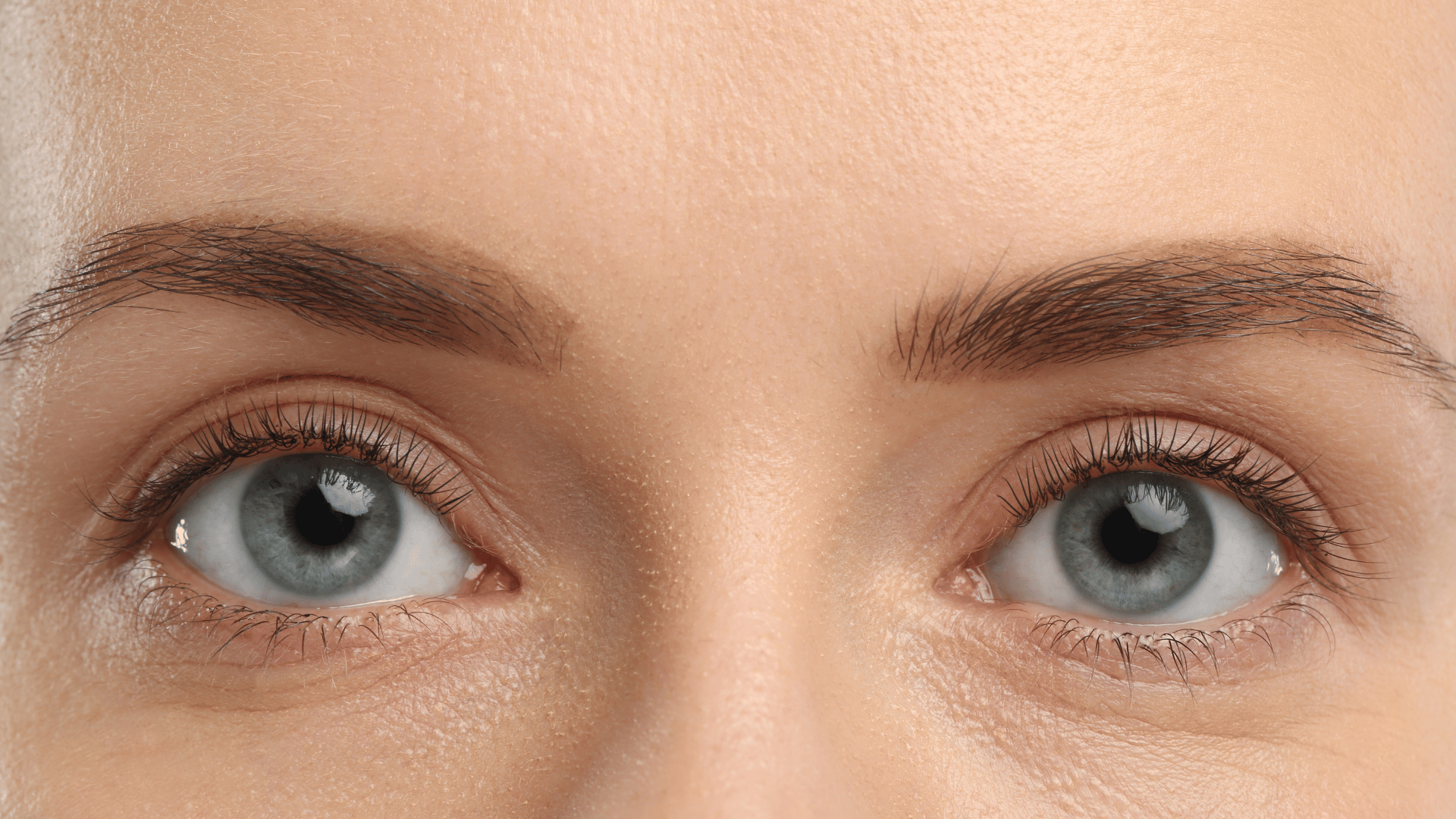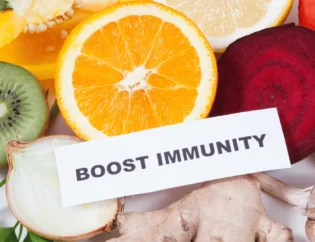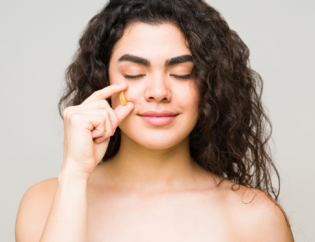
Maintaining healthy vision is essential for a high quality of life. Our eyes work tirelessly every day, and just like any other part of our body, they need proper nutrition to function well. Fortunately, several foods can help keep our eyes in peak condition, reducing the risk of age-related eye issues and improving overall eye health.
In this blog, we’ll explore the best foods for promoting healthy vision and provide useful tips to care for your eyes effectively.
Why Diet Matters for Eye Health
Your diet plays a crucial role in maintaining your overall health, and your eyes are no exception. Nutrients like vitamins, minerals, and antioxidants found in certain foods help protect the eyes from oxidative damage, support the structure of the retina, and even reduce the risk of developing common eye conditions like cataracts and age-related macular degeneration (AMD). Incorporating eye-friendly foods into your diet is a simple yet effective way to support healthy vision.
Top Foods for Healthy Vision
- Carrots
Carrots are rich in beta-carotene, a type of vitamin A that is essential for maintaining healthy vision. Vitamin A helps with the production of a pigment called rhodopsin, which allows the eye to see in low light conditions. A deficiency in vitamin A can lead to night blindness and other vision problems. - Leafy Green Vegetables
Spinach, kale, and collard greens are packed with lutein and zeaxanthin, antioxidants that help protect the eyes from harmful light, such as ultraviolet rays. These compounds are also linked to a lower risk of cataracts and AMD, making them essential for long-term eye health. - Eggs
Eggs are a great source of lutein and zeaxanthin as well as zinc, which is vital for maintaining the health of the retina. Zinc is known to improve night vision and slow the progression of AMD, making eggs an important food for preserving healthy vision. - Fatty Fish
Omega-3 fatty acids, especially those found in salmon, mackerel, and tuna, are known for their eye health benefits. Omega-3s support the structure of the eye’s cell membranes and help prevent dry eye syndrome, which can lead to discomfort and blurry vision. Regular consumption of fatty fish can contribute significantly to maintaining healthy vision. - Citrus Fruits
Oranges, lemons, and grapefruits are packed with vitamin C, an antioxidant that supports the health of blood vessels in the eyes. Vitamin C is also linked to a reduced risk of cataracts. Including more citrus fruits in your diet can help protect your eyes from damage caused by free radicals. - Nuts and Seeds
Almonds, walnuts, and flaxseeds are excellent sources of vitamin E, an antioxidant that protects the eyes from oxidative damage. Vitamin E has been shown to slow down the progression of age-related eye conditions and help maintain healthy vision. - Sweet Potatoes
Like carrots, sweet potatoes are high in beta-carotene, making them another great food for eye health. They are also rich in vitamin C and vitamin E, adding even more protective benefits for your eyes. Eating sweet potatoes regularly can help ensure that you’re providing your body with the nutrients it needs for optimal eye function.
Eye Care Tips for Maintaining Healthy Vision
In addition to a nutrient-rich diet, proper eye care habits are essential for maintaining healthy vision throughout life. Here are some practical tips to protect and care for your eyes:
- Take Regular Breaks from Screens
With more time spent on digital devices, eye strain is becoming a common issue. The 20-20-20 rule is an easy way to give your eyes a break: every 20 minutes, look at something 20 feet away for at least 20 seconds. This reduces eye strain and helps your eyes relax. - Wear Sunglasses Outdoors
Protecting your eyes from harmful ultraviolet (UV) rays is crucial for preventing long-term damage. Overexposure to UV light can increase the risk of cataracts and AMD. Make sure to wear sunglasses that block 100% of both UVA and UVB rays. - Stay Hydrated
Keeping your body well-hydrated is essential for eye health. Dry eyes can lead to irritation, blurred vision, and discomfort. Drinking plenty of water helps maintain moisture in your eyes, ensuring they function properly. - Get Regular Eye Exams
Regular eye check-ups can help detect vision problems early on, allowing for timely intervention. Whether you currently wear glasses or not, an annual eye exam is a simple but effective way to ensure your vision remains in good condition. - Quit Smoking
Smoking has been linked to an increased risk of developing eye diseases such as cataracts and macular degeneration. Quitting smoking not only benefits your lungs but also significantly reduces your risk of vision loss as you age. - Use Protective Eyewear
If you engage in activities that pose a risk of injury to your eyes, such as sports or working with hazardous materials, always wear protective eyewear. Even minor eye injuries can lead to long-term vision problems, so it’s important to take precautions.











